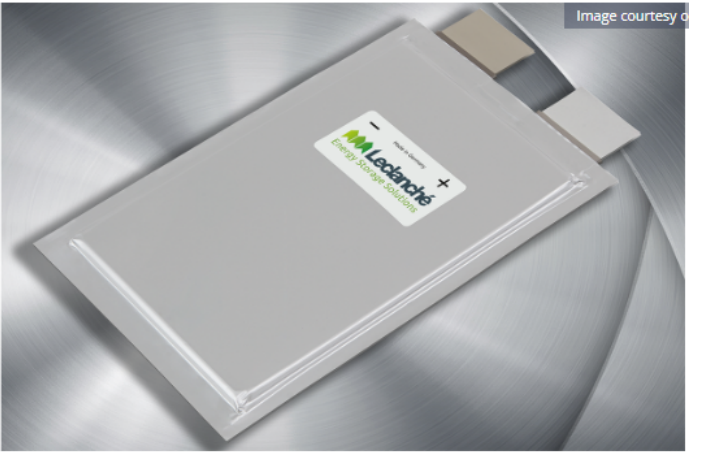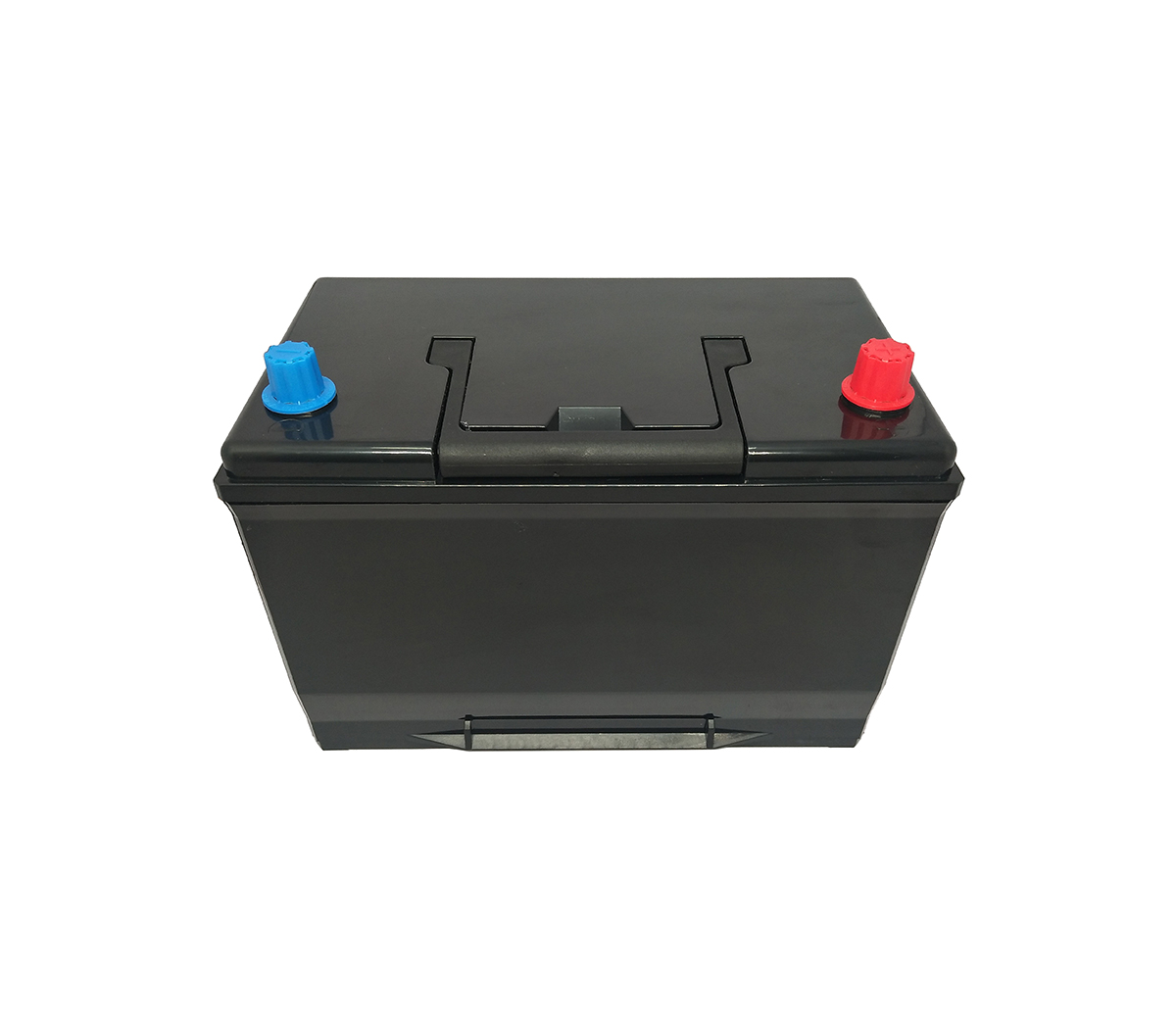Since the introduction of secondary rechargeable batteries, practitioners
have never stopped exploring and researching and developing. In SES Power's
view, with the wide application of secondary rechargeable batteries, the broad
market prospects are more and more given to investors. Greater confidence and
funding for more difficult developments.
Even though SES Power is a manufacturer integrating lithium-ion batteries,
we have never slowed down our investment in research and development in our
nearly 20-year career. Our lead-acid replacement products (12V100Ah, 12V200Ah),
UPS, high-power Inverter's high-voltage lithium battery system (up to 860V),
3Kw~20Kw off-grid, grid-connected lithium battery energy storage system, cabinet
battery system (standard 19 inches), intelligent wall-mounted lithium-ion energy
storage system, stacked lithium-ion For products such as energy storage systems,
whether it is hardware design, software design, or big data analysis, etc., we
have never stopped making efforts to give lithium-ion batteries higher
wisdom.
Lithium-ion batteries are not the whole of secondary rechargeable
batteries. In the latest research and development, in addition to the continuous
breakthrough of lithium-ion batteries, sodium-ion batteries are also close to
going out of the laboratory and entering real applications.
Let's take a look at two pieces of product information about batteries.
A: A new additive in electrolyte formulation could reduce the risk of
thermal events in lithium-ion batteries
Although the density and safety of solid-state batteries have very good
advantages, many companies are steadily investing in the research and
development of solid-state batteries. But for now, we still need ways to ensure
the safety of existing technologies.
In late July, Switzerland-based Leclanché announced a new battery
breakthrough that they claim significantly reduces the risk of thermal events in
lithium-ion batteries.

(Leclanché's non-flammable lithium-ion battery is expected to enter
production in the first quarter of 2023)
As we all know, lithium-ion batteries, although a revolutionary technology,
are not the safest. Specifically, lithium-ion batteries are often at risk of
thermal events such as thermal runaway or combustion. This is due to a number of
factors, including the fact that lithium-ion battery structures rely on the use
of an electrolytic solution.
This solution, usually composed of organic solvents, is the fuel for fires
and can easily burn if exposed to sparks from batteries. Often, this is what
causes lithium-ion batteries to catch fire, because the battery is punctured, or
the separator is damaged.
While there have been many efforts to improve the safety of lithium-ion
batteries, most efforts have come at the cost of performance. That said, many of
the efforts for safer batteries have come at the cost of reduced performance or
reduced battery life -- neither of which are suitable for use in the field.
Now Leclanché is trying to change that. In late July, the company announced
that they had achieved a new breakthrough in battery safety that would not
negatively impact battery performance.
While details of many of the techniques have yet to be released, to our
knowledge, the main focus is the introduction of flame retardant additives into
battery electrolyte formulations.
To verify that these safety improvements do not result in a loss of
performance or battery life, Intertek Germany, a German company that
manufactures, tests and certifies internationally, validated Leclanché's new
technology. Validation included needle prick testing of a 60Ah battery equipped
with Leclanché's new chemistry. During these tests, Intertek forced an internal
short in an attempt to cause the battery to burn. Surprisingly, it was found
through testing that the newly formulated batteries were less flammable than
conventional batteries.
According to Leclanché, their new breakthrough reduces the risk of burning
by nearly 80 percent, making battery-powered devices safer for users.
Specifically, Leclanché expects their breakthrough to play an important role in
the public sector, where operators of public transport, trucks and trains are
often concerned about fire risks.
Additionally, the technology could have major implications for standard
electric vehicles, as fires from collisions are a constant, urgent and
challenging headache for first responders. This could effectively improve the
odds of saving lives by designing batteries that are less likely to burn.
According to Leclanché, the non-flammable batteries will begin production
in the first quarter of 2023.
B: A solution to improve the performance of sodium-ion batteries
Researchers at the Department of Energy (DOE) have achieved a major
breakthrough they believe could make sodium-ion batteries a viable alternative
to lithium-ion batteries.
They tweaked the composition of the liquid core of the sodium-based storage
device, which could greatly extend the lifespan and solve the performance issues
that have plagued them so far. "Here, we show in principle that sodium-ion
batteries have the potential to be a durable, environmentally friendly battery
technology," said one of the lead researchers.
A related paper was published in the journal Nature Energy.
Scientists have long viewed sodium-ion batteries as the best option to
replace lithium-ion batteries in the future for several reasons: Sodium is
abundant, far cheaper, more accessible, and more ethically mined than lithium,
which is is an expensive and limited resource that is exploited in
underdeveloped parts of the world.
The researchers say that lithium-ion batteries can get heavier with
increased energy density, and sodium-ion batteries can get around this problem,
making it more attractive to replace lithium-ion batteries with sodium-ion
batteries.

A major disadvantage of sodium-ion batteries is that they decay faster than
lithium-ion batteries, which would hinder their viability as a commercial
replacement for lithium-ion batteries. The PNNL team tackled this problem by
creating a new electrolyte formulation that switches the liquid solution and the
type of salt that flows through the battery in an attempt to perfectly solve
this critical problem.
The electrolytes currently used in sodium-ion batteries tend to dissolve
the protective film on the anode or negative electrode in the device. The
protective film is a critical part of the battery because it allows sodium ions
to pass through the anode while maintaining battery life.
The new method stabilizes the protective film of the anode while adding an
ultrathin protective layer to the cathode (positive electrode). According to the
researchers, the overall performance of the improved battery is more stable, and
in experimental tests, the battery can maintain 90% of the battery capacity
after 300 cycles at 4.2V.
Although the improved sodium-ion battery has higher performance than
previous sodium-ion batteries, it is not on a par with lithium-ion batteries.
The researchers say this is one of the most promising efforts to date to advance
the design of sodium-based batteries.
The improved sodium-ion battery has also demonstrated the ability to
operate at high voltages and is an improvement over current lithium-ion battery
designs. The ability to operate at high voltages has always been a challenge for
lithium-ion batteries.
In fact, lithium-ion designs can short-circuit and even fire when their
energy density is too high, which is one of the key reasons why scientists are
looking to replace them. The new sodium-based battery uses a natural
extinguishing solution that is not affected by temperature changes and can
operate at high pressures, the researchers said. And the ultra-thin layer formed
on the anode is key, providing overall stability.




































